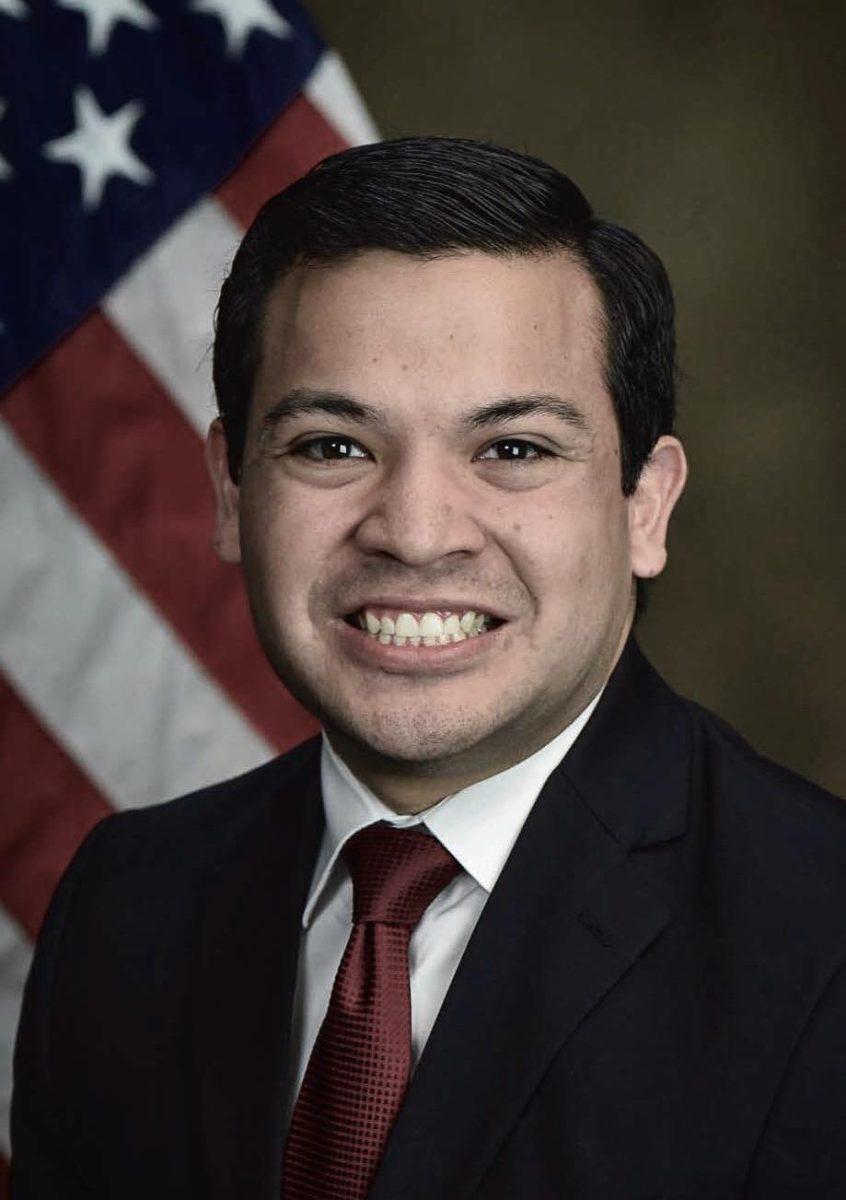Just three years after graduating from the LSU Paul M. Hebert Law Center, Ben Aguiñaga has been chosen as a clerk for U.S. Supreme Court Justice Samuel A. Alito, Jr. for the 2018-19 Court.
“This is a great moment for Ben and LSU Law,” said LSU Law Dean Tom Galligan in a press release.
Aguiñaga is the second LSU Law graduate that has been chosen as a clerk for the U.S. Supreme Court, according to the press release. The first was 2009 graduate Michelle Stratton, who clerked for Justice Clarence Thomas in 2011-12.
Aguiñaga said he received the call about the position on a Friday afternoon at work. He described it as a “lightning strike kind of moment.”
“It was a very surreal feeling,” Aguiñaga said, “even in the days and weeks that followed, it felt like there was surely an error.”
Aguiñaga said he’s most excited to work closely with Alito, and to get a behind the scenes look into the U.S. Supreme Court.
“As as a law clerk, you have the opportunity to work alongside a judge in all aspects of the process,” Aguiñaga said. “So, being able to write memos for the judge, deal with complex legal issues and to hear how he approaches law, I think are some of the opportunities I’m most looking forward to.”
Aguiñaga is from Pearland, Texas, and worked for Sen. Ted Cruz’s Senate Judiciary Committee Staff after his graduation from LSU Law in 2015, according to the press release. He also served as a law clerk for then-Justice Don R. Willett of the Supreme Court of Texas, and for Judge Edith H. Jones of the U.S. Court of Appeals for the Fifth Circuit. He also became Chief of Staff and Counsel in the Civil Rights Division at the U.S. Department of Justice.
“Judicial clerkships have been some of the most important experiences in my career thus far,” Aguiñaga said in the press release. “I have been fortunate to work for two judges who have become invaluable mentors and have shaped how I think and write about the law.”
Aguiñaga said during his clerkships, he started the application process. He said most justices take about four law clerks, and these clerks are usually recent law school graduates who have previously served as a clerk for another judge on the federal circuit court of appeals. Applicants must apply to each individual justice who has his or her own hiring process.
“Opportunities like this require a lot of support from other folks,” Aguiñaga said. “[Stratton] made history in her own right, and it’s incredible that another LSU law graduate can follow in her footsteps.”
Aguiñaga said Stratton, along with faculty members, judges and other friends met with him several times to prepare him for the work to come. He said he owes his achievement to those like Stratton who set the precedent for LSU Law students in the Supreme Court.
“I hope that this will encourage other LSU law grads to aim high and keep the pipeline going,” said.
Aguiñaga said he owes the faculty members at the LSU Law Center for encouraging him to develop his skills as an attorney, according to the press release. He said he especially learned from professor Michael Coenen and his administrative and constitutional law classes, as well as professor Scott Sullivan and his international law classes.
“In particular, I am indebted to those faculty members who made law come alive for me and inspired me to read more, think more and write more critically about legal principles,” Aguiñaga said in the press release.
Aguiñaga graduated summa cum laude and The Order of the Coif at LSU Law, according to the press release. He was also the production editor for the Louisiana Law Review and served as a board member of the Moot Court Program.
Aguiñaga earned his bachelor’s degree in 2012 from Baylor University, where he studied political science and philosophy with minors in history and mathematics, according to the press release.
LSU Law alumnus selected for Supreme Court clerkship
April 23, 2018
law clerk








